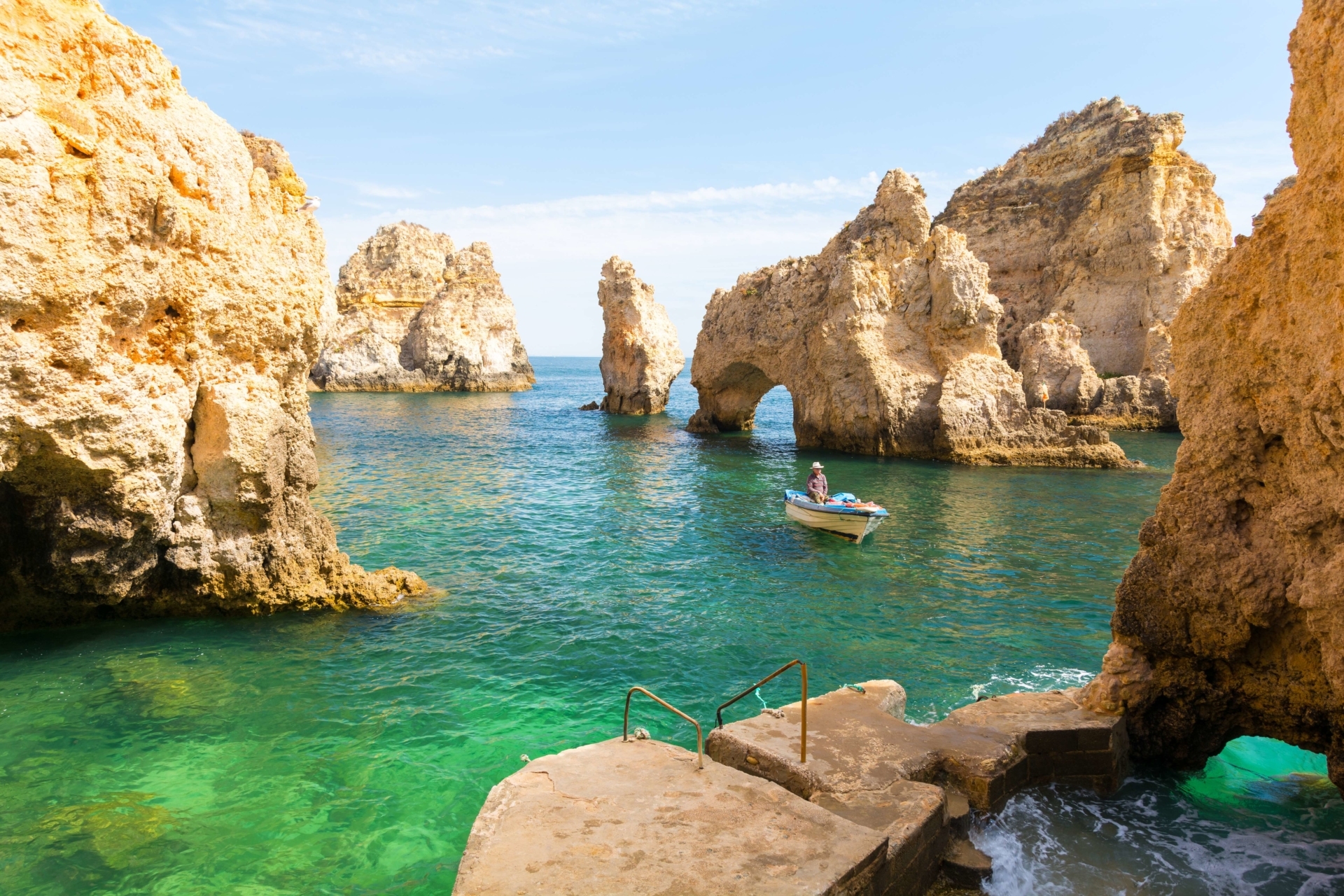
Lagos, the Pearl of the West
Explore Lagos: historic streets, stunning beaches, local cuisine, and hidden gems for an authentic Algarve experience.
Lagos is a town located at the extreme south-west of the Algarve; history, culture, and natural beauty converge here harmoniously. Often overshadowed by more famous destinations, such as Albufeira, Lagos offers an authentic and immersive experience, ideal for travellers seeking discovery! Here, every street, every cliff, and every beach tells a story, and it quickly becomes clear why this town is nicknamed “the Pearl of the West.”
History and Heritage
From Ancient Origins to the Age of Discovery
Lagos, founded under the name Lacóbriga by the Phoenicians (an ancient people from the eastern Mediterranean coast), has a rich and varied history. The Romans and Moors left their mark, but it was in the 15th century, under the reign of Prince Henry the Navigator, that Lagos became a strategic port for Portugal’s great maritime explorations. It was from this port that expeditions set off towards Africa and Asia, marking the beginning of a global era of discovery. At the time, Lagos was a thriving hub of trade and commerce.
The Legacy of Slavery
Lagos is also marked by a darker chapter in its past as a centre of the European slave trade. Indeed, the “Mercado de Escravos” (Slave Market) was the first of its kind in Europe, bearing witness to this period. Today, the site houses a lesser-known museum, educating visitors about this aspect of Portuguese history and reminding us of the city’s central role in chapters that were often painful but are essential to know.
Legends and Anecdotes
Like all ancient towns (and much of Portugal), Lagos is brimming with local legends. For example, some of the caves at Ponta da Piedade were said to have once served as hideouts for pirates and smugglers. According to legend, treasures were even hidden within these rock formations, still attracting the curious and adventurous today. Another well-known story, told by locals, is that the fortress of Sagres, a few kilometres from Lagos, once housed secret maritime maps that gave Portuguese navigators a strategic advantage over their European competitors.
Historic Centre
Architecture and Atmosphere
Strolling through Lagos’ historic centre is like travelling back in time. Cobbled streets, whitewashed houses decorated with azulejos tiles, and colourful façades create a warm and welcoming atmosphere, reflecting the spirit of the Portuguese people. Praça Gil Eanes, with its lively terraces, is the beating heart of the town, perfect for relaxing with a coffee (and a pastel de nata, of course) or a glass of ginjinha, the local cherry liqueur !
Must-See Sights
Notable sites include the Church of Saint Anthony (Igreja de Santo António), an outstanding example of Manueline architecture, and the Castle of the Governors (Castelo dos Governadores), offering breathtaking views of the town and its surroundings. The Ponta da Bandeira Fortress highlights Lagos’ strategic importance in coastal defence and provides a unique panorama of the Atlantic Ocean and neighbouring beaches.
Beaches and Landscapes
Lagos’ Beaches
Lagos is renowned for its stunning golden-sand beaches. Praia Dona Ana, with its golden cliffs and crystal-clear waters, is one of the most famous. Praia do Camilo, accessible via a wooden staircase, offers spectacular views of the sea and its rock formations. For those seeking tranquility, Praia do Pinhão, a small cove nestled between rocks, is ideal. Adventurers may prefer wilder beaches such as Praia da Batata (“Potato Beach”) or Praia do Porto de Mós, which offer breathtaking scenery away from the tourist crowds.
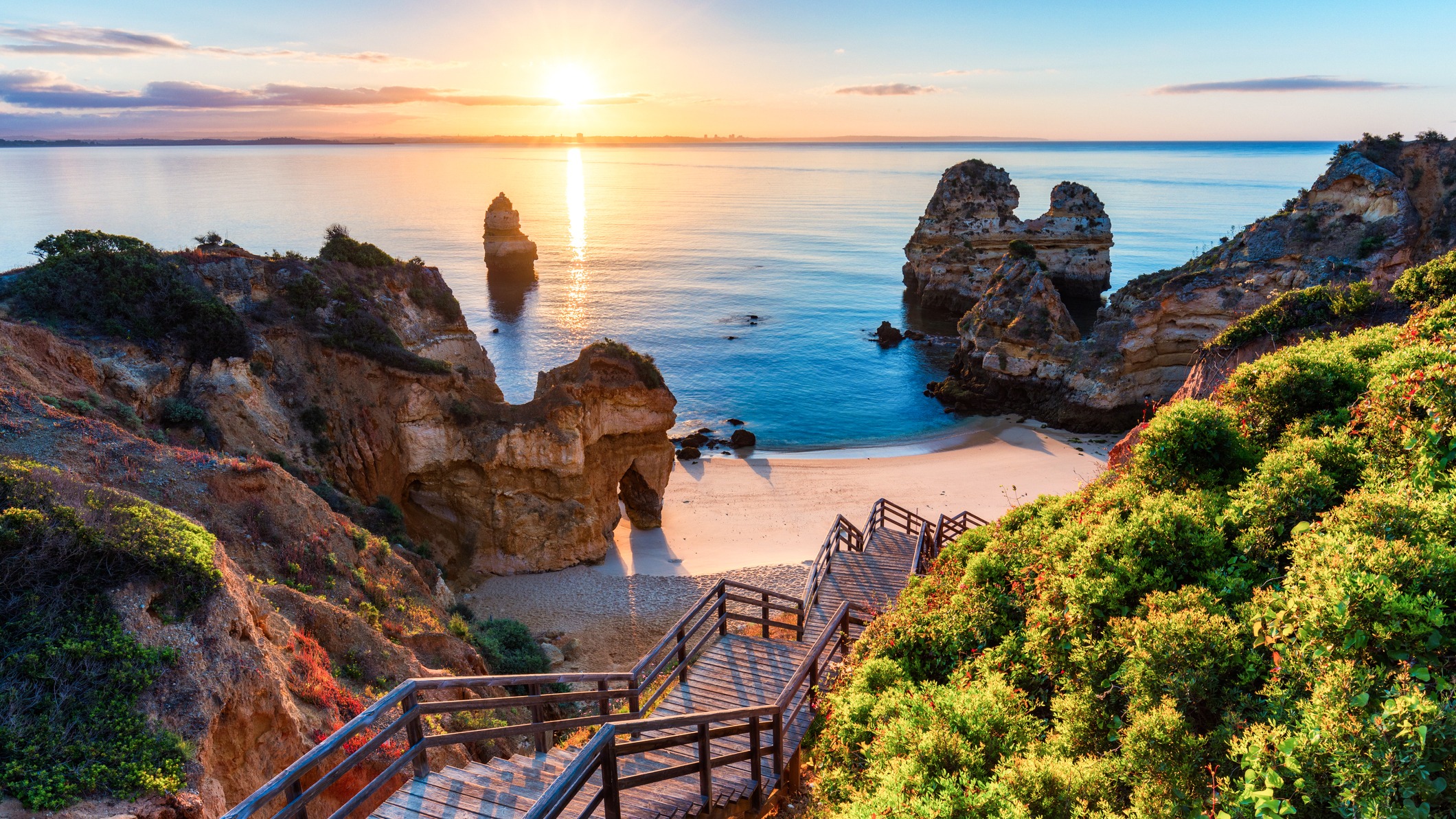
© Tourlane
Ponta da Piedade
To the west of the town, Ponta da Piedade is a truly stunning natural site. Its cliffs, carved by erosion, sea caves, and natural arches make it perfect for boat trips or walking along coastal trails. The rocks’ changing colours at sunset are especially photogenic, and certain spots are ideal for kayaking or paddleboarding.
The Algarve in Miniature
Lagos is a microcosm of the Algarve : steep cliffs, turquoise waters, golden beaches, and nearby coastal villages. Nature lovers can discover hidden coves accessible only on foot or by boat, while birdwatchers can spot local species along cliffs or in nearby wetlands. The variety of landscapes allows visitors to move from lively beaches to isolated postcard-worthy coves.
Culture and Cuisine
Local Flavours
Lagos’ cuisine reflects the Algarve’s culinary traditions. Fresh seafood such as grilled sardines, octopus, piri-piri prawns, and grouper are highlights in most restaurants. Dishes are typically accompanied by rice, local vegetables, and regional olive oil, providing an authentic gastronomic experience.
Recommended Restaurants
To savour the local cuisine, Don Sebastiao offers high-quality traditional Portuguese dishes, while Pearl Food Trailer serves creative and friendly street food. For a more refined experience, Dos Artistas combines Portuguese and international flavours in an elegant, intimate setting. Local markets, such as Mercado Municipal de Lagos, also offer fresh produce and take-away specialties.
Events and Festivals
Lagos hosts numerous cultural events throughout the year. The Sardine Festival in summer celebrates fresh fish with music and local entertainment. Classical concerts and art exhibitions are also regularly organised, allowing visitors to fully immerse themselves in the town’s cultural life.
Activities and Leisure
Water Sports
Lagos is a paradise for water sports enthusiasts. Kayaking and paddleboarding are perfect for exploring caves and secluded beaches. Conditions are also ideal for windsurfing, kitesurfing, or surfing, particularly at Porto de Mós and Meia Praia.
Hiking and Cycling
Coastal trails offer spectacular Atlantic Ocean views. Walking along the Ponta da Piedade cliffs or through the region’s wooded hills allows visitors to experience local biodiversity. Bicycle hire is readily available, making it easy to combine cultural visits and nature exploration.
Boat Trips and Dolphin Watching
Boat tours provide opportunities to see dolphins, explore sea caves, or enjoy sunset cruises. These trips offer unique perspectives of the Algarve coast and access to areas unreachable on foot. Local guides share maritime history and legends, enriching the experience !
Film Locations
Lagos has served as a backdrop for several films, including Portuguese productions such as Ce cher mois d’août (2008) and scenes from international films such as 36 Hours Before the Landing (1965), thanks to its dramatic cliffs and preserved coves. Walking the filming locations gives cinephiles and curious travellers a unique sense of connection.
Practical Tips
Getting Around Lagos
Lagos is compact and easy to explore on foot. Public transport or ride-hailing services reach nearby towns, while bicycles or scooters offer flexibility for beaches and coves. For nature and adventure, hiring a car is recommended to access hidden beaches and more remote areas.
Accommodation
Lagos offers accommodation for all budgets: boutique hotels, sea-view apartments, and friendly hostels. Advance booking is strongly advised, especially during the summer. For a local experience, some homestays provide a genuine glimpse of everyday life in Lagos.
Best Time to Visit
The climate in Lagos is pleasant from May to October. May, June, and September are ideal for avoiding crowds while enjoying mild weather. July and August are perfect for beaches and festivals, though expect busier conditions and fully booked restaurants.
Lagos captivates with its unique blend of history, culture, and natural beauty. Between idyllic beaches, majestic cliffs, historic streets, and delicious cuisine, it offers a complete experience. Whether you are a history buff, nature lover, film enthusiast, or simply seeking a relaxing getaway, Lagos is a must-visit destination in the Algarve, a pearl to explore with curiosity and wonder. Experience it for yourself, you won’t regret it !
Share this article
Suggested articles
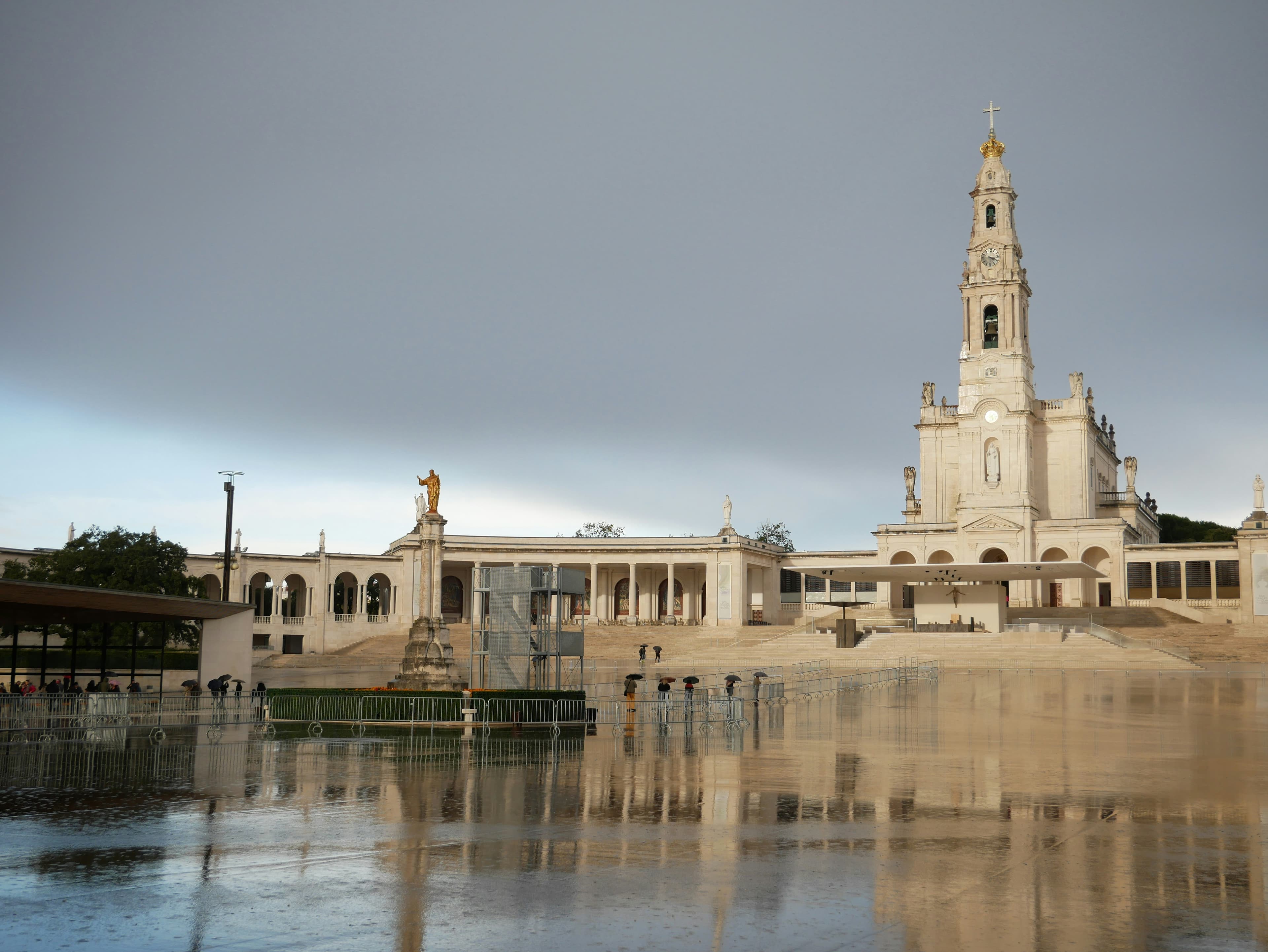
Fatima, a spiritual place of reference
In the heart of Portugal, more precisely in the Central region, the town of Fátima stands as one of the most powerful symbols of spirituality in the world. Yes, you read that correctly! Every year, it welcomes millions of pilgrims from around the globe to relive the Marian apparitions of 1917 and to find a moment of reflection within the majestic Sanctuary of Our Lady of Fátima…
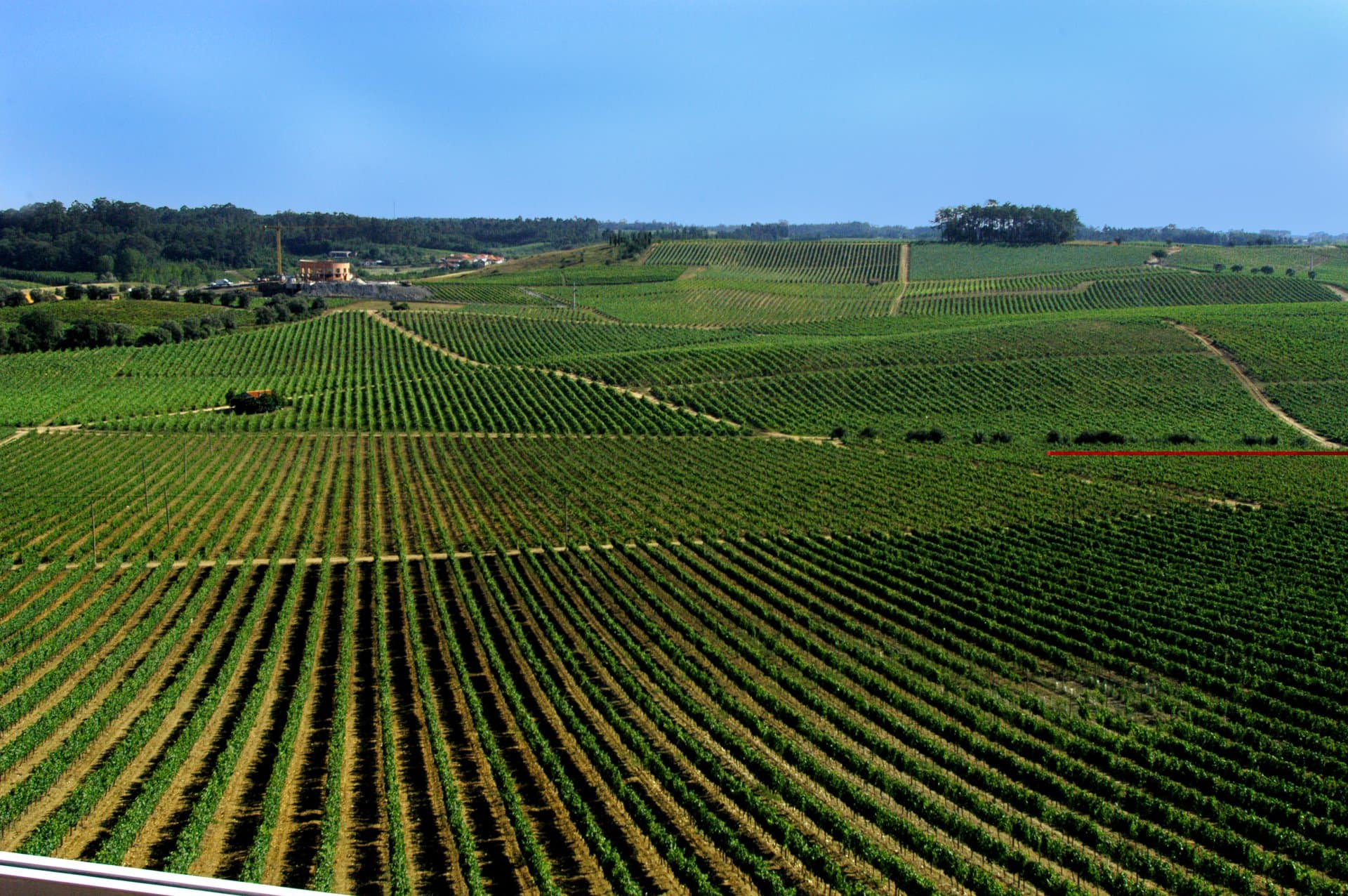
Bairrada, Land of Suckling Pig and Sparkling Wine
In the heart of central Portugal, between the valleys of the Mondego and Vouga rivers, lies the region of Bairrada, a land where vineyards meet pig farms, where the slow heat of wood-fired ovens blends with the effervescence of sparkling wine. Here, every meal is a ritual and every sip a celebration. If you’re looking for an authentic Portugal, far from seaside clichés, let yourself be charmed by Bairrada, a land of indulgence, warmth, and tradition.

Serra da Estrela, The Roof of Portugal
It’s impossible not to think of Serra da Estrela when visiting Portugal… Perfect for a mountain getaway, this destination sits slightly off the beaten path, perched in the heart of the country’s central region! Literally translated as “the Star Mountain Range,” Serra da Estrela shows a very different side of Portugal: quieter, more authentic… this mountain truly deserves your attention, and we’ll tell you exactly why!
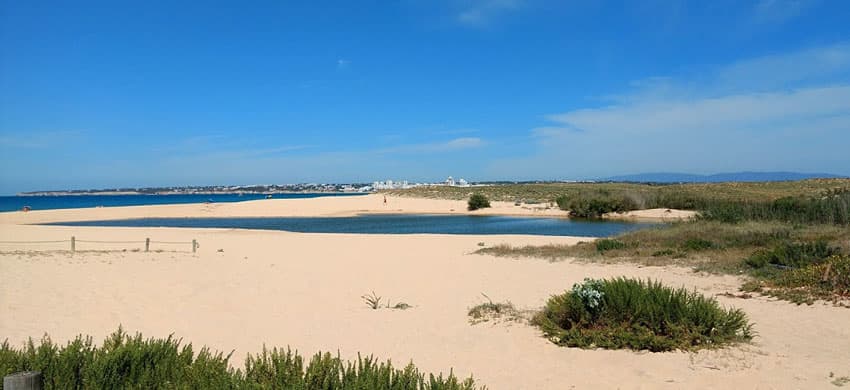
Nazaré Beaches and Their Giant Waves
Nazaré is a charming coastal town in Portugal, globally renowned for its giant waves crashing onto Praia do Norte… you’ve probably seen them on TV ! But beyond this impressive natural phenomenon, Nazaré offers a variety of beaches suitable for all tastes, from famous surf spots to family-friendly relaxation areas.
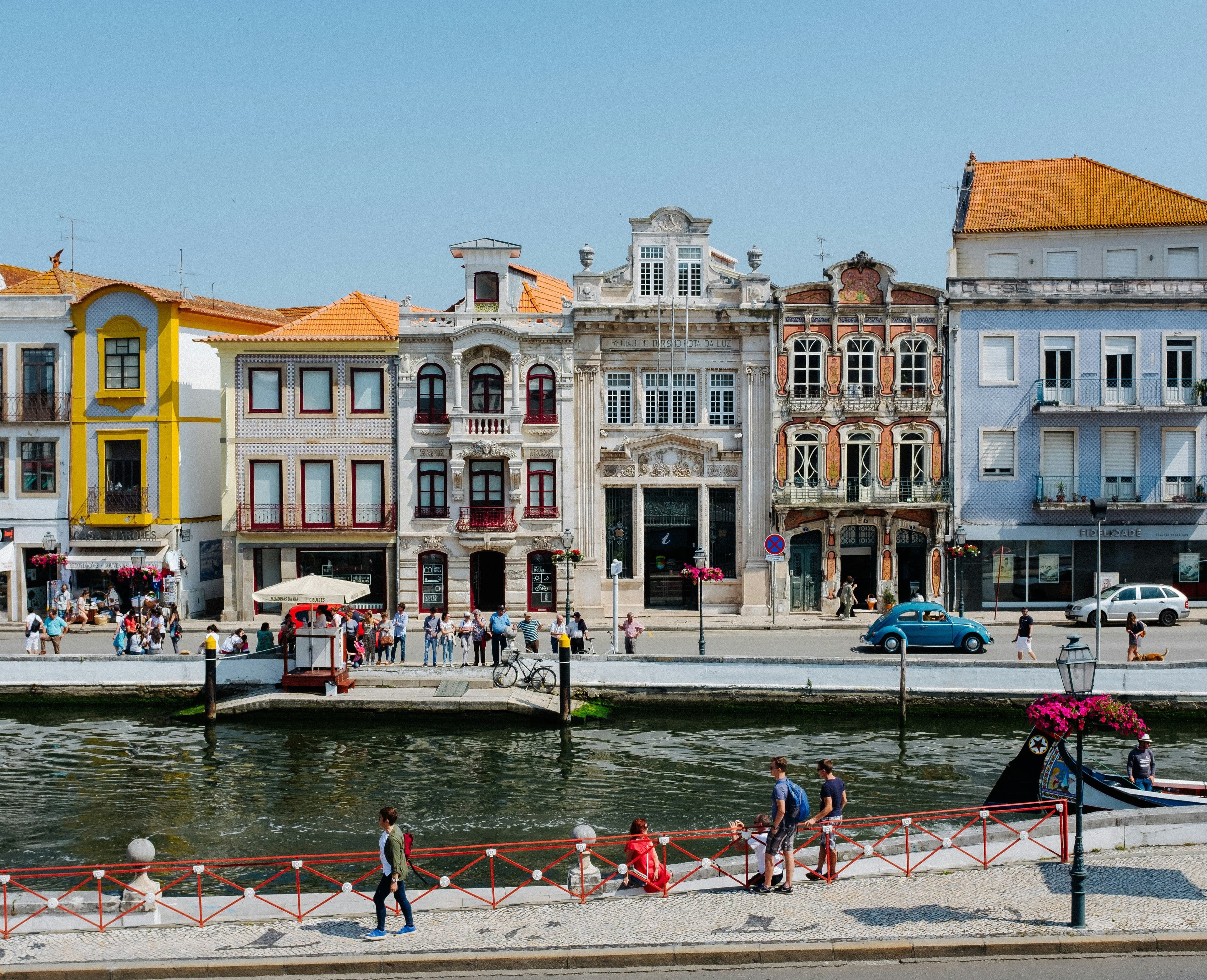
Aveiro, the Portuguese Venice
Situated between Porto and Lisbon, the city of Aveiro is often called the “Venice of Portugal” due to its picturesque canals, colourful houses, and rather romantic atmosphere… But Aveiro is much more than that : it is a city rich in traditions, gastronomy, and history!
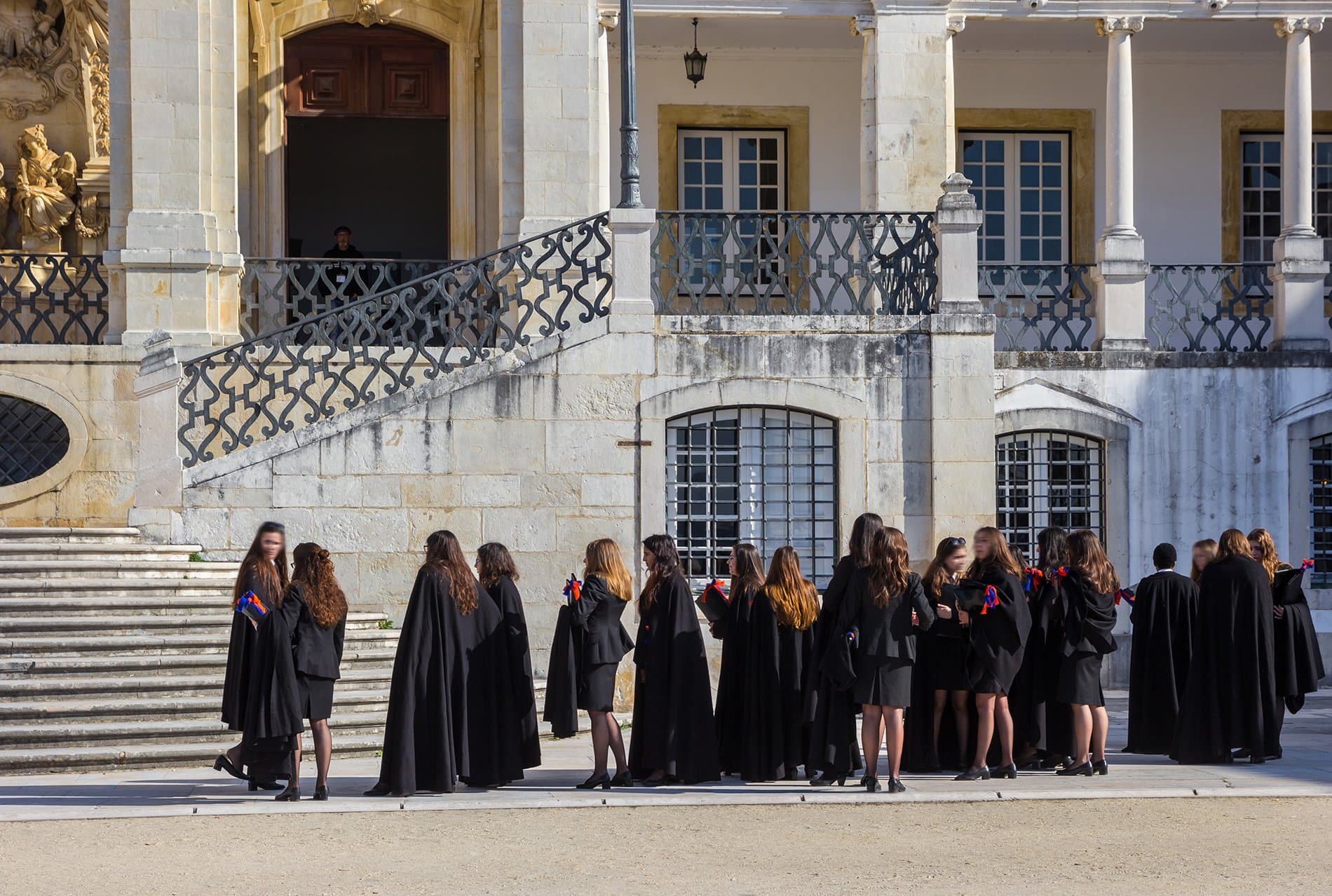
Coimbra, One of Europe’s Oldest Universities
Located in the heart of Portugal, the charming city of Coimbra is home to one of the most prestigious and oldest academic institutions in Europe: the University of Coimbra! Founded in 1290 by King D. Dinis, it is not only the oldest university in Portugal but also one of the oldest in Europe. Classified as a UNESCO World Heritage Site since 2013, the university embodies academic excellence, tradition, and, above all, Portuguese culture.


